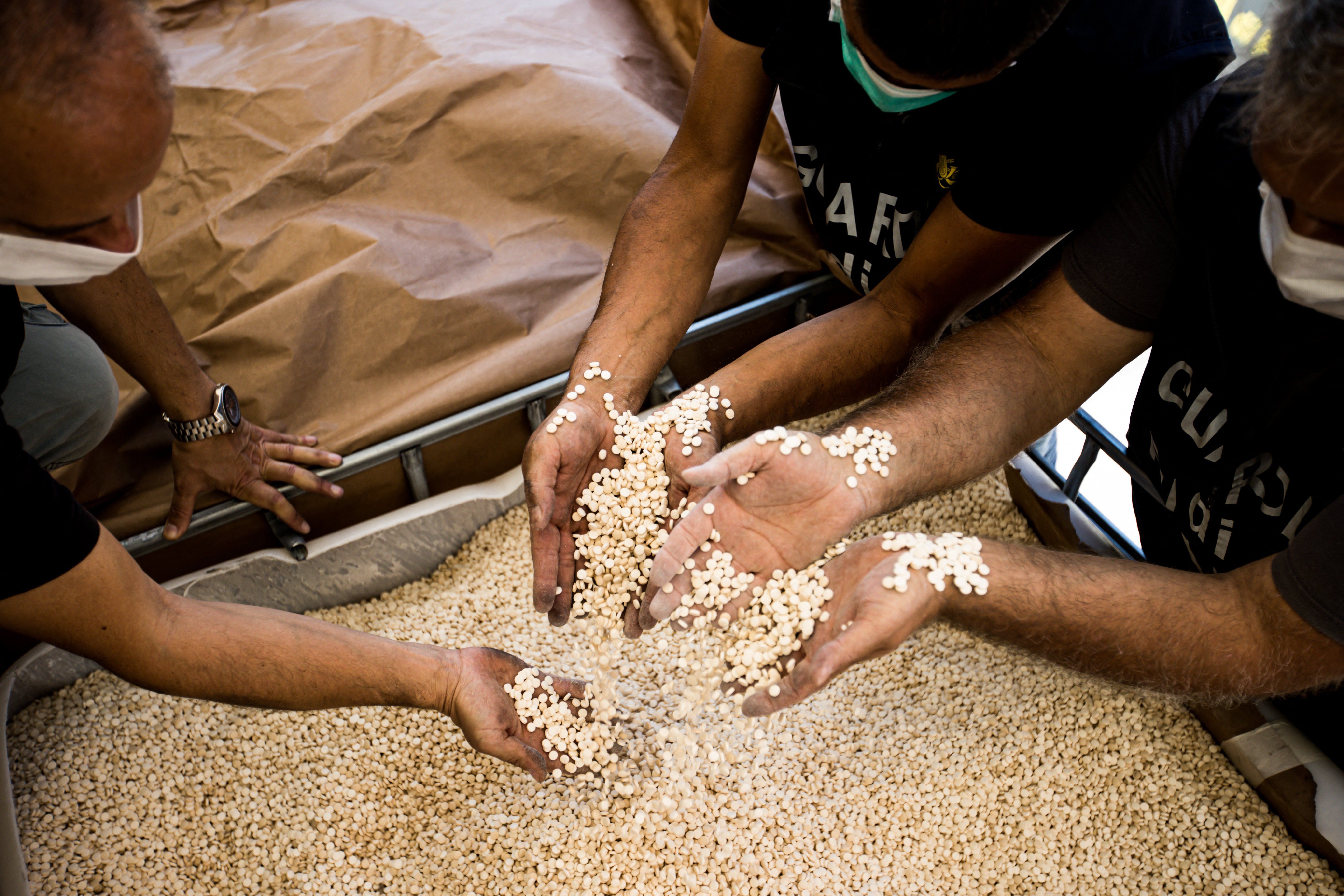Can you imagine the DEA fighting the Sinaloa cartel by firing rockets over the Mexican border? Well, that's what Jordan just did with a suspected drug kingpin operating inside Syria.
Early on Monday, a rare flurry of Jordanian airstrikes inside neighboring Syria killed Merhi al-Ramthan, wanted by Amman for alleged cross-border smuggling of Captagon, a highly addictive amphetamine similar to speed. Over the past decade, Captagon has become the most popular drug in the Middle East — raking in billions of dollars for the Syrian army, which mass-produces the pills in cahoots with the regime’s inner circle.
Now that many Arab governments are looking to normalize ties with Syrian dictator Bashar Assad, drug trafficking is so far proving to be a major spoiler with Jordan, which the narcos use as a transit country to distribute the drugs via Lebanon. Syria's foreign minister promised no more “Breaking Bad” last week, but Amman warned it would not take any chances.
